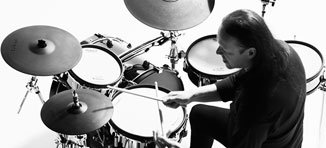Everything you need to know about
Learning to Play the Drums as an Adult
The hardest thing about learning to play the drums as an adult is actually starting.
Remember, you are doing this for yourself.
Playing the drums because you love to play is the best way to get better.
Learning an instrument is a life skill that improves gracefully with age. That being said, it’s important to manage your expectations. Take little steps every day. Don’t beat yourself up because you can’t play as well as the 4-year-old prodigy on YouTube!
Good advice: Every adult should go to a drum teacher even before they start learning to play the drums. Your teacher will help manage your expectations and advise you on the best way(s) for you to learn.
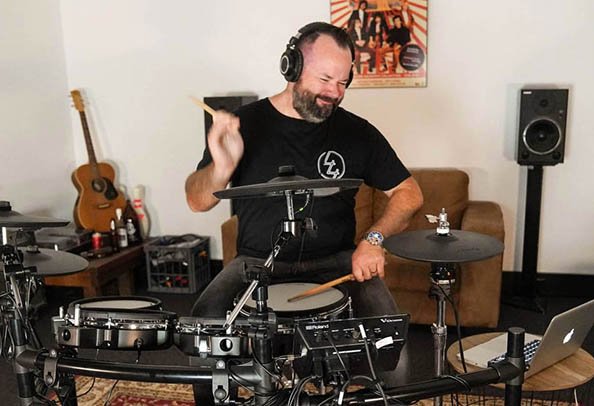
Learning to play the drums as an adult
They say drummers are born with sticks in their hands. Rhythm courses through their veins. As babies they tap their feet and pound their toys. Nothing silent or stationary is safe.
Well, that isn’t exactly my story…
I’m 43 and I started learning to play the drums just over a year ago. I sort of wanted to play an instrument when I was younger, but sports and girls seemed more interesting. To be honest, learning to play an instrument looked like hard work.

DIY learning, or do I need a drum teacher?
You always find yourself tapping along when you hear music. You’ve never learned music, but you think it would be fun to get behind a drum kit. However, you fear it’s too late because you didn’t start as a kid and you think you’ve got too much to learn.
The good news is that there’s still time and it’s not hard to master the drum kit if you have a natural rhythm, the right motivation, and some time to practice.
I know plenty of drummers who picked up sticks for the first time in their 40s – and are now very competent players.
Benefits of Learning Drums as an Adult
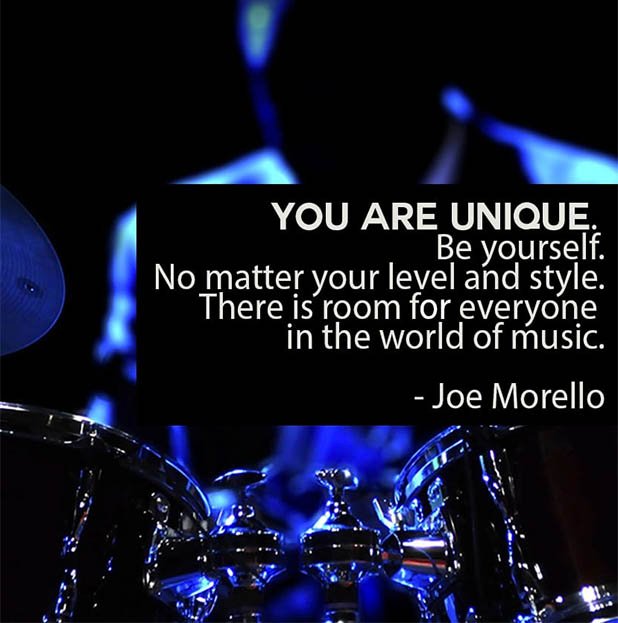
It's never too late to learn to play the drums
Playing music is a proven way to encourage both physical and mental health and a positive and fun challenge for anyone.
As far back as I can remember I wanted to be a drummer. My grandmother bought me a snare drum as a toddler and I’ve been obsessed with drums ever since.
Something about the shape, noise, and physicality of hitting them still draws me to the drum. I love the way they look, the sheer power of the sound, and the great, empowering feeling of locking in with other musicians during a group performance. There is just no feeling like it.
Many people feel this way about drums. This innate connection with rhythm is deeply rooted in human ritual.

Finding the right drum teacher
Today, I believe that teaching is a big responsibility. You have the power to inspire someone and change their future. I engage with all my students and encourage them to pursue and honour their creativity. A great teacher can be a positive influence in your life. Unfortunately, having a “bad” teacher can potentially turn someone off their instrument and even music in general.
The most valuable thing I have learned from the past few years of teaching drumming is that everybody learns differently. This concept has helped me fine-tune the way that I approach my job. It has also taught me patience, the value of planning lessons, and the ability to see where a student is at and where to take them next.


Beginner’s Guide to Learning Electronic Drums
You’ve been to the gigs, elbowed your way to the front at the festivals and watched the band’s every TV spot. The drummer is behind the drum kit thrashing away, lost in the music, bashing the skins as if nobody was watching. You’ve decided you want in – you’re ready to emulate your heroes and make the jump to centre stage.
Luckily for you, you’ve chosen the best instrument of all (in this drummer’s opinion at least) – the drums. But before you rush down to the local music emporium, you need to know what’s what.
There’s plenty of online video lessons about learning drums. To begin with, though, you need to start with the basics, also called rudiments. Once you’ve grasped several basic rudiments, you’ll be nailing ‘We Will Rock You’ in perfect time before you know it.
Here Are More Articles You May Like

Getting Back into Drums and Drumming
It’s never too late to get back into drumming. Roland Australia’s V-Drums product specilist, Simon Ayton explains through his own story how you can start

Recording the Roland TD-30: V-Drums Masterclass
Recording Roland TD-30 V-Drums is very straight forward. In contrast, acoustic drum recording is so complex, it’s considered by many to be an art form.

10 Ways To Improve Your Drumming Skills
To improve your drumming takes hard work. The best drummers don’t get there by accident. We’ve all watched awestruck, as top drummers play their heart

Learn to Play the Drums With DT-1 V-Drums Tutor Software
Get on the fast track to learning to play the drums with Roland’s interactive tutoring packag DT-1 Drum Tutor. Learning any instrument can be a
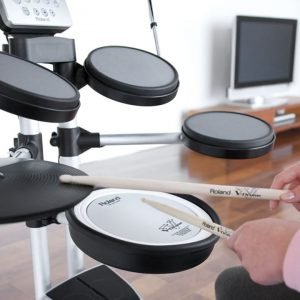
A Beginner’s Guide to Learning Electronic Drums
You’ve been to the gigs, elbowed your way to the front at the festivals and watched the band’s every TV spot. The drummer is behind
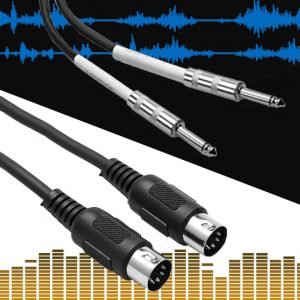
What is the difference between MIDI and AUDIO?
MIDI is one of the most versatile and useful aspects of modern music making and also one of the most misunderstood. Present in a huge
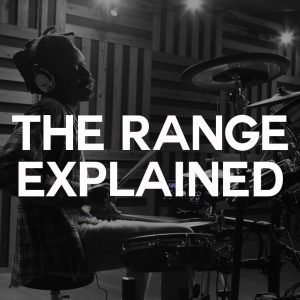
Choosing an electronic drum kit: The Roland V-Drums Range Explained
This article will help you choose an electronic V-Drums kit to suit you. With the V-Drums range of kits, your biggest obstacle in choosing an
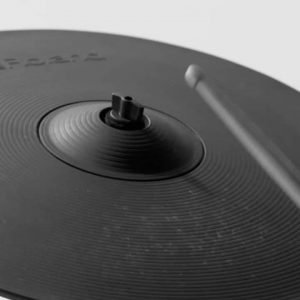
Typical Drum Playing Techniques with V-Drums
A common assumption about electronic drums is that as a player, you will lose the ability to express yourself as easily as you can on
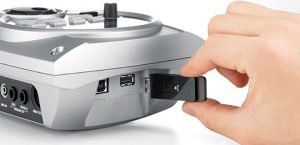
How Your Roland V-Drums USB Port Can Help Improve Your Drumming
Let’s face it: your basement ain’t no Abbey Road. Chances are, it’s a damp subterranean bolt-hole, bedecked with posters of John Bonham, beer bottles and

